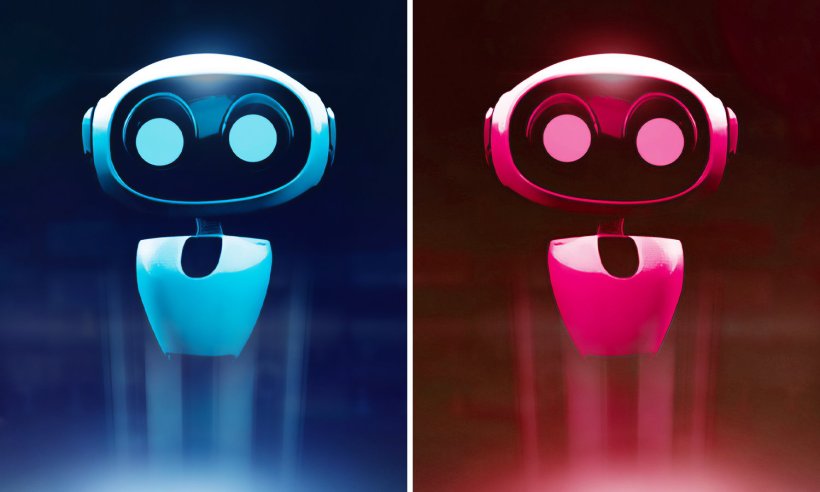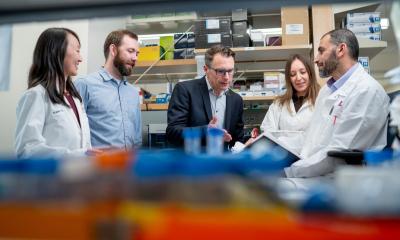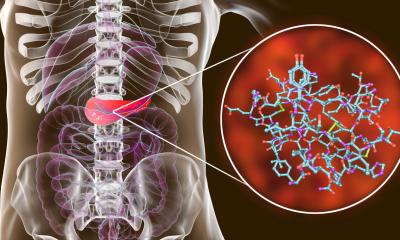
Image source: Adobe Stock/ProstoSvet
News • Battle of the AI large language models
Elicit: A better ChatGPT for medical research?
Can AI save us from the arduous and time-consuming task of academic research collection? An international team of researchers investigated the credibility and efficiency of generative AI as an information-gathering tool in the medical field.
The research team, led by Professor Masaru Enomoto of the Graduate School of Medicine at Osaka Metropolitan University, fed identical clinical questions and literature selection criteria to two generative AIs; ChatGPT and Elicit. The results showed that while ChatGPT suggested fictitious articles, Elicit was efficient, suggesting multiple references within a few minutes with the same level of accuracy as the researchers. Their findings were published in Hepatology Communications.
Access to information using generative AI is still in its infancy, so we need to exercise caution as the current information is not accurate or up-to-date
Masaru Enomoto
“This research was conceived out of our experience with managing vast amounts of medical literature over long periods of time. Access to information using generative AI is still in its infancy, so we need to exercise caution as the current information is not accurate or up-to-date.” Said Dr. Enomoto. “However, ChatGPT and other generative AIs are constantly evolving and are expected to revolutionize the field of medical research in the future.”
Source: Osaka Metropolitan University
08.12.2023










